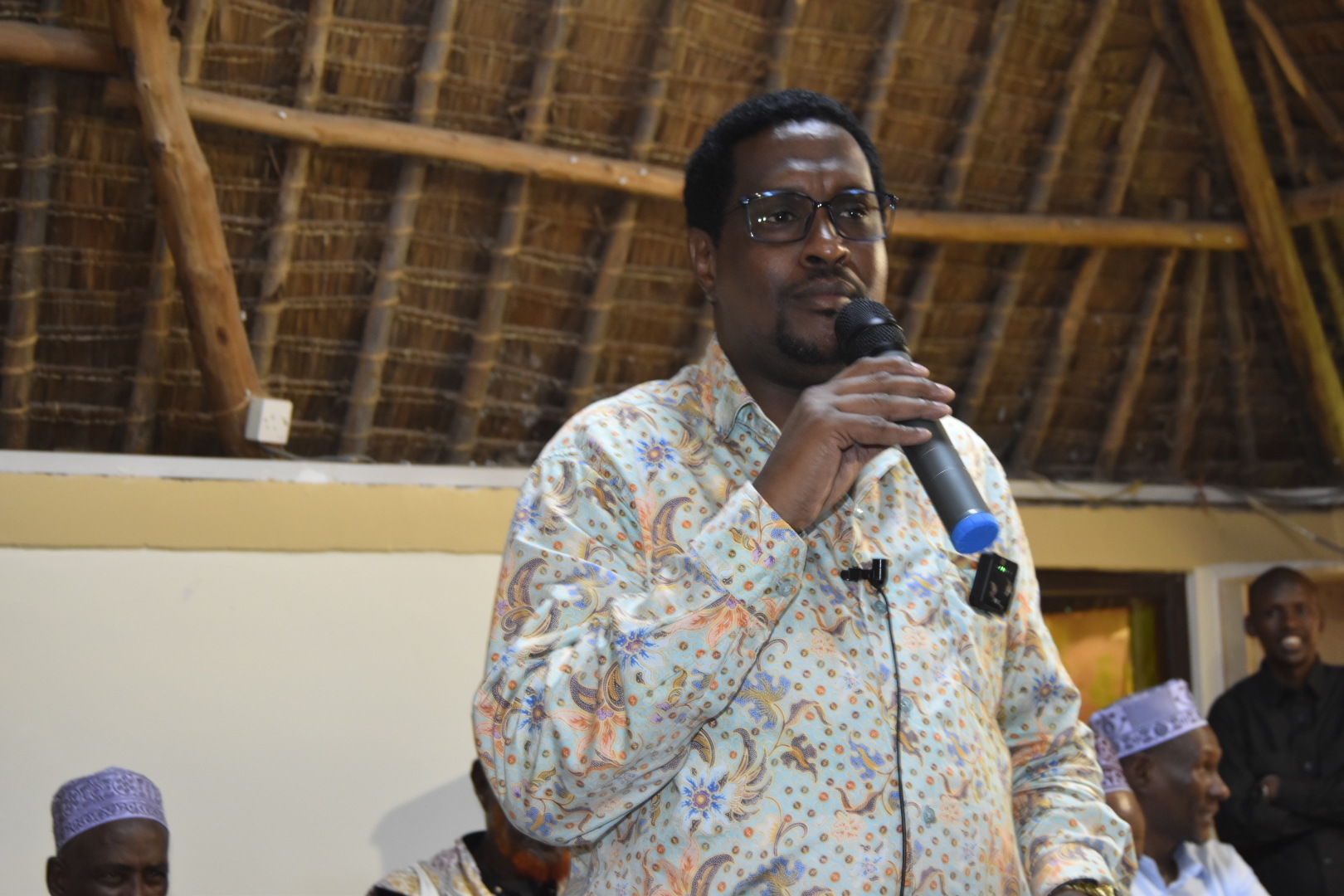 Dadaab Ward MCA Mohamed Abdi Farah speaking on Friday.
Dadaab Ward MCA Mohamed Abdi Farah speaking on Friday.Dadaab MCA Mohamed Abdi Farah is threatening legal action over what he calls the unfair and unprocedural termination of more than 100 local workers employed by the UN Refugee Agency (UNHCR) in Dadaab.
The workers—who served as security guards, cooks, office messengers, and cleaners—were abruptly dismissed earlier this week, sparking a street protest in Dadaab Town on Wednesday.
Many of them were long-serving employees from the host community.
The UNHCR has confirmed the contract terminations, blaming the move on budget shortfalls following the withdrawal of a key donor.
Although the agency did not name the donor, the cuts are widely believed to be linked to an executive order signed by U.S. President Donald Trump on January 20, which affected funding for several international organizations.
The United States has been one of UNHCR’s largest contributors.
Speaking during the protests, MCA Farah condemned the layoffs, saying they were carried out in bad faith and without proper notice.
“This was done without consultation, without due process, and without adherence to Kenya’s labor laws,” he said. “These workers have families. Dismissing them overnight with no alternatives is both inhumane and unacceptable.”
Farah, who also serves as the majority leader in the Garissa County Assembly, warned that unless the issue is urgently addressed, he will take legal action against the UN agency.
“We demand a review of the termination process. UNHCR must uphold fairness, transparency, and respect for workers’ rights,” he said.
He added that legal channels remain open for the affected workers and that local leaders will not sit back as the community is treated unfairly.
Outside the UNHCR offices in Dadaab, Abdi Gedi, chairperson of the host community staff, expressed frustration.
He claims workers were handed termination letters without prior notice or explanation.
“We reported to work as usual, only to be given letters sending us home,” said Abdi, who worked as a watchman. “No HR procedures were followed. It was completely unfair.”
The outcry in Dadaab follows a separate peaceful protest last week by hundreds of refugees from the four camps—Dagahaley, Hagadera, Ifo, and Ifo 2
. The refugees appealed to international donors, particularly the United States, to restore funding and prevent further cuts to critical humanitarian services.










